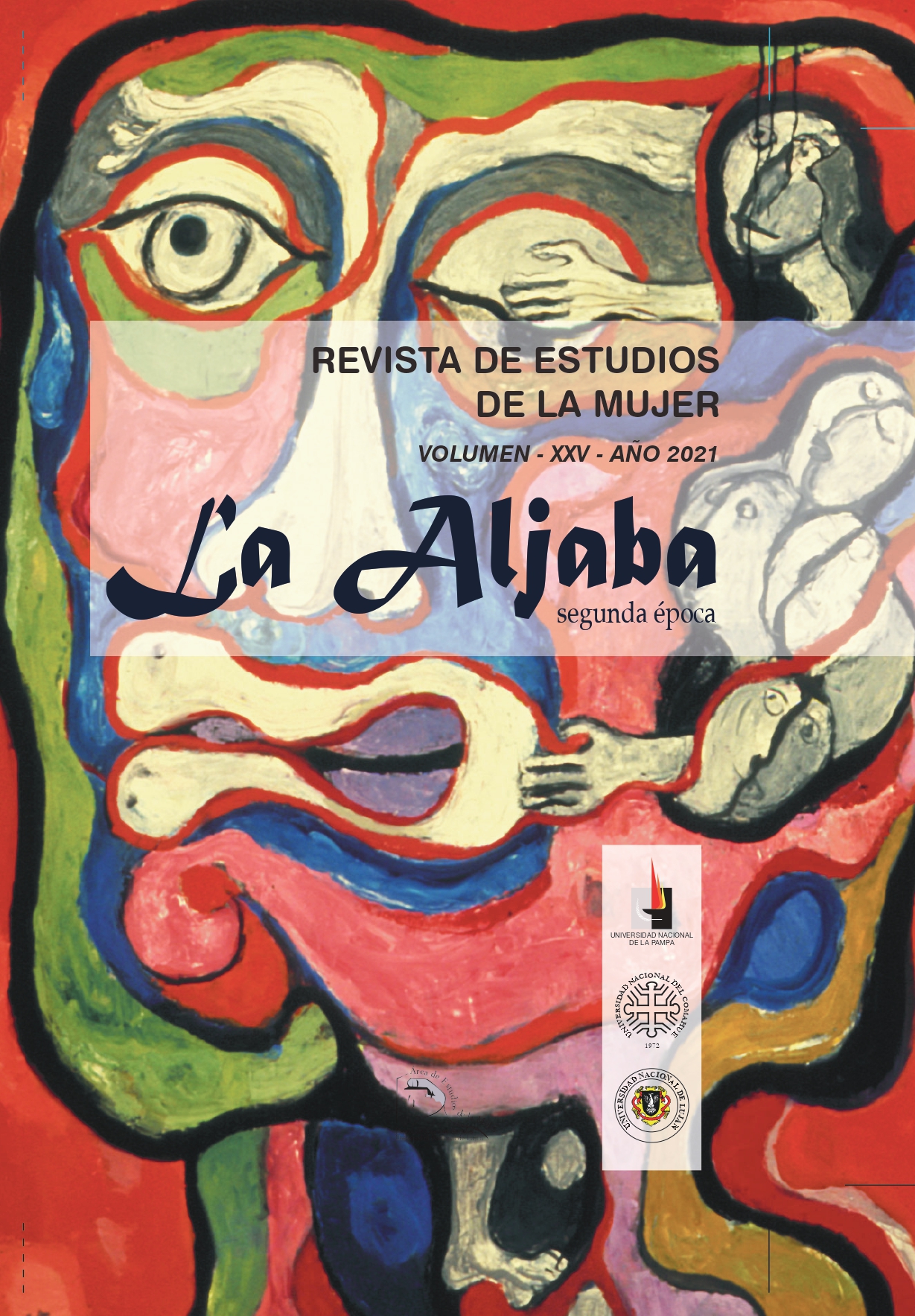Biographies of improvement, reproduction or precarization of women and men in early old age
Keywords:
biographies, trajectories, conditions of origin, gender, early old ageAbstract
Objective: describe the relationship between the conditions of origin and the work and family trajectories of men and women aged 65 to 69, with their biographies of improvement, reproduction or precarization.
Background: we used the Life Course Approach initiated by G. Elder, the Cumulative Advantage/Disadvantage Theory discusses by D. Dannefer and the Gender Studies in the life course developed by R. Levy and E. Widmer.
Methods: descriptive exploratory qualitative design. Data emerged from 12 semi-structured interviews conducted in 2017. It was analyzed using the content analysis technique and a typology of biographies was developed.
Results: women’s trajectories were linked to the family domain and they were susceptible to changes and events that led to vulnerability; those of men were designed around the work domain and were less influenced by changes and events, resulting in paths closer to integration.
That is, on the one hand, female biographies linked to the private world, heteronomous and discontinuous and, on the other hand, autonomous and continuous male biographies linked to the public world.


















4.jpg)




